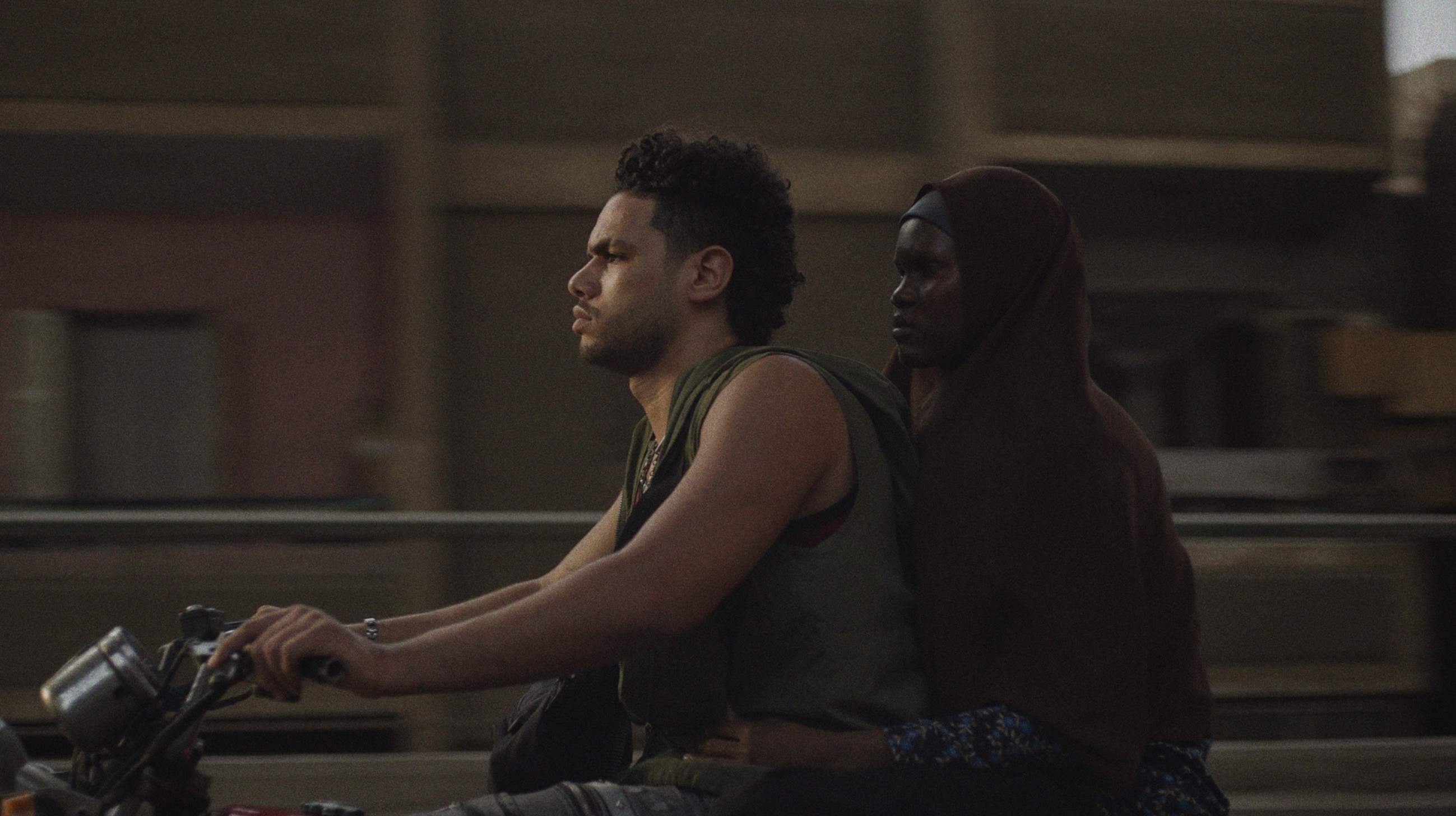There are films that embrace you, and there are films that leave you uneasy long after the credits roll. ‘Aisha Can’t Fly Away’ (2025) belongs to the latter. The Egyptian Filmmaker Morad Mostafa’s first feature film is beautifully shot, takes an intimate approach to personal struggle, yet is merciless in what it reveals about human cruelty. The camera lingers on the main character’s face, showing despair taking form, and through gore, blood, sexual assault, and an exaggerated negative portrayal of Egyptians, it becomes difficult for the audience to bear. ‘Aisha Can’t Fly Away’, an international co-production involving companies from Egypt, Tunisia, Qatar, Germany, Sudan, France, and Saudi Arabia, was written by Mostafa, Mohammad Abdulqader, and Sawsan Yusuf, with cinematography by Mostafa El Kashef. It earned two nominations at the 2025 Cannes Film Festival, the Un Certain Regard Award and the Caméra d’Or. A Cairo of shadows and defeat ‘Aisha Can’t Fly Away’ tells the story of Aisha, played by Buliana Simon Arop, a 26-year-old Sudanese woman living in Ain-Shams, a neighborhood in Cairo, alongside a large African migrant and refugee community. Set against the backdrop of economic hardship, the film,…
‘Aisha Can’t Fly Away’ Dazzles the Eye but Darkens the Soul
November 2, 2025
By Nadine Tag
Journalist




